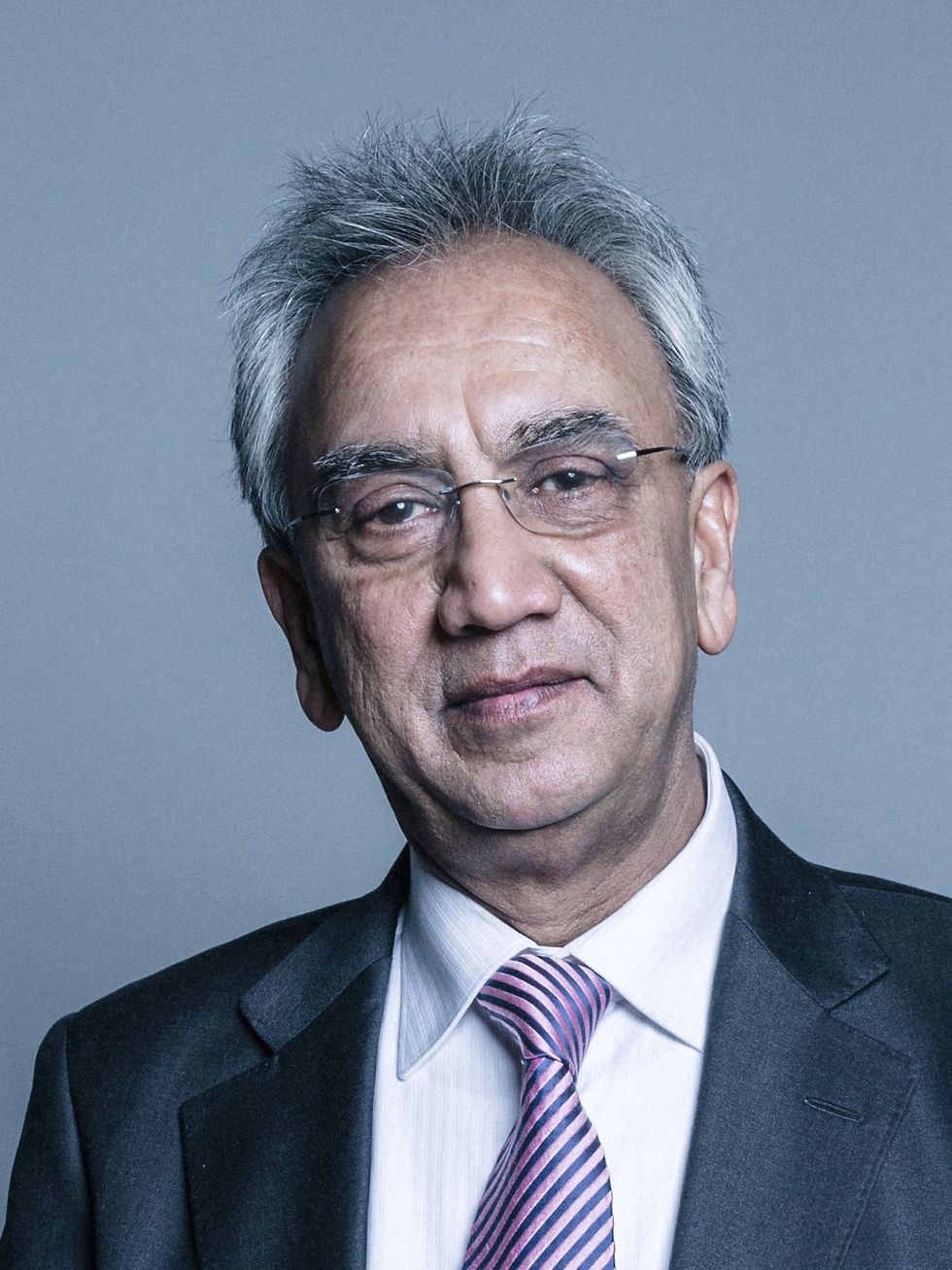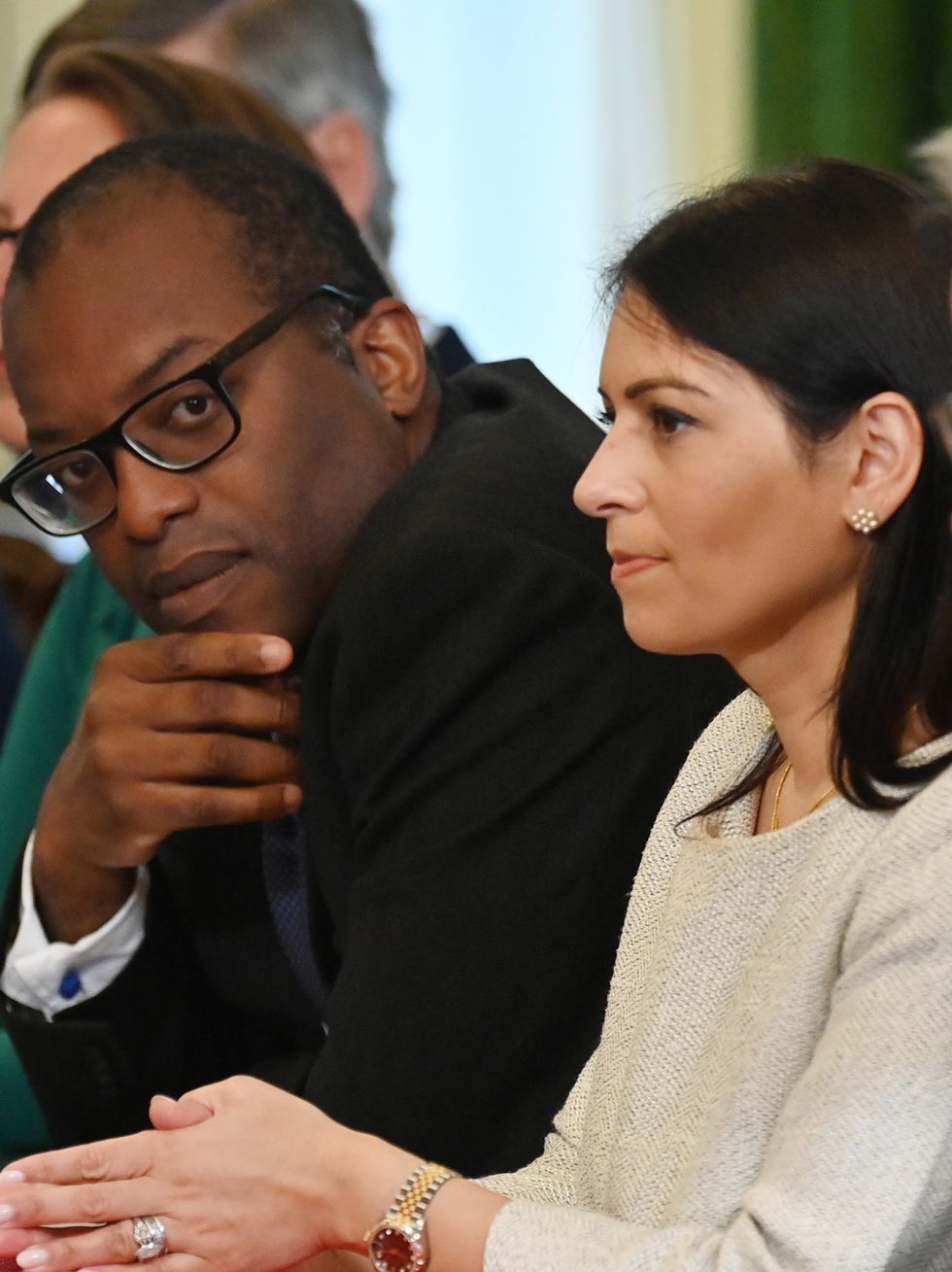ALLEGATIONS of Islamophobia within the Conservative party have been deeply damaging.
They go against the fundamental social fabric of what the party stands for – to promote equality of opportunity to all for a better life, regardless of colour, background or creed.
Such allegations must quite rightly be investigated. There is no room for prejudice within our society, let alone in government.
To date, I have been proud of the Conservative party’s efforts to stamp out prejudice of any kind. This led to Professor Swaran Singh’s review on anti-Muslim prejudice, which found no evidence of institutional Islamophobia within the party.
When it comes to inclusion, the Conservative party has always championed diversity. This is something I have personally championed in my affiliation with the party for more than 40 years.

The Conservative party that I joined in the 1970s is very different to the one of today. I remember being the only person of colour in local association meetings and annual Conservative party events.
Our cabinet is undoubtedly the most diverse in history. More diverse than the board of any FTSE 100 company. There are more people who are black or brown within the Conservative party today, than the Labour party has ever had in all their cabinets combined. No one can dispute this, and this should be rightly remembered when questioning the party.
I have tears of joy when I see the diversity of our frontbench when I watch Prime Minister’s Questions every week. Never in my lifetime did I envisage this country having a British Indian chancellor, let alone the sheer diversity of the cabinet it reflects.
Aside from Rishi Sunak, we have Priti Patel as the helm of the Home Office. Alok Sharma led the country’s most important political role this year as president of COP26. The country’s topmost legal authority, the attorney general, is Suella Braverman.

Sajid Javid and Nadhim Zahawi have led us through the country’s health crisis exceptionally at the most unprecedented time in our history. And we have Kwasi Kwarteng, the first Tory cabinet member of African descent, looking after the face of business.
If this isn’t diversity, I don’t know what is. There are, of course, other incredibly talented and diverse parliamentarians, including long-standing champion Shailesh Vara, Nus Ghani, Claire Coutinho, and Gagan Mahindra, who remain an inspiration to us all.
This isn’t just token diversity. It shows that we are finally respected and trusted by the wider community to represent the United Kingdom nationally and on the international stage.
This diversity is reflected across public life too. We have Bina Mehta as KPMG’s first UK chair. Then there is Tushar Morzaria – like me, a fellow refugee from Uganda, who is group finance director of Barclays and recently a non-executive director at BP.
Others include Nikhil Rathi, the chief executive of the Financial Conduct Authority (FCA), Oscar nominee and award-winning actor Riz Ahmed, and Nikita Kanani, medical director of NHS England.
British Asians are making their mark across all sectors of society. Nus Ghani’s claims last week were particularly alarming, as they threatened the incredible progress we have made in championing diversity.
All allegations should be investigated. I salute anyone who stands up against prejudice, but intolerance cannot be fought with more intolerance.
While it is important to investigate any complaints, unfortunately, it often comes down to one person’s word against another. What is needed is a wideranging dialogue encompassing the parliamentary party.
However, in addressing prejudice, it is important the debate isn’t hijacked and used as a political football from either side of the argument. Not only does it weaken our ability to stamp out prejudice, but it also leads to more division.
While there may be more work to do in addressing prejudice, we should never forget the tremendous improvement we have made in society over the last 40 years to get to where we are today.




Defending diversity in the Tory party